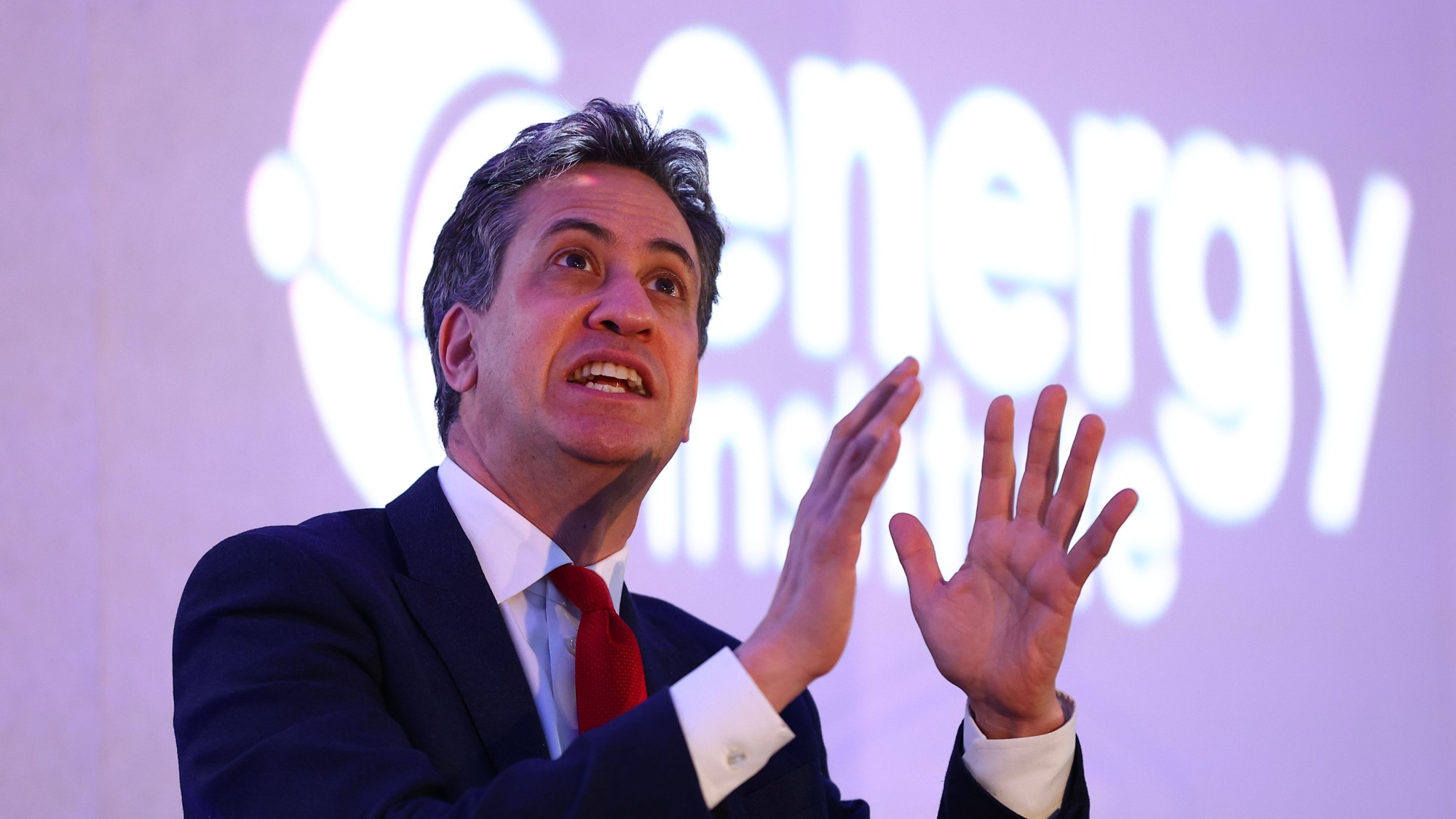What is Great British Energy going to do exactly?
Will the new state-owned clean-energy company cut bills? And if so, when?

A free daily email with the biggest news stories of the day – and the best features from TheWeek.com
You are now subscribed
Your newsletter sign-up was successful
Fuel bills will rise in April, as the energy regulator Ofgem announced an increase to the price cap yesterday – creating an awkward problem for Labour, which pledged in its manifesto to "save families hundreds of pounds on their bills".
The government says Great British Energy, a new state-owned energy company, will cut fuel bills in the future, and ensure UK taxpayers "reap the benefits of clean, secure, homegrown energy". But many are questioning exactly what GB Energy will do, and how much it can achieve.
What is GB Energy?
GB Energy's founding statement said it "will own, manage and operate clean power projects", and will work "in partnership with the private sector for the good of the country".
The Week
Escape your echo chamber. Get the facts behind the news, plus analysis from multiple perspectives.

Sign up for The Week's Free Newsletters
From our morning news briefing to a weekly Good News Newsletter, get the best of The Week delivered directly to your inbox.
From our morning news briefing to a weekly Good News Newsletter, get the best of The Week delivered directly to your inbox.
Rather than actually supplying power to homes, the new state-owned company will help fund new and existing clean technology, as well as small and medium-sized renewable energy projects.
The government has said GB Energy will lead projects through development stages to speed up delivery, invest in new energy projects, support local energy generation projects, build supply chains across the UK, and explore how it can work together with Great British Nuclear.
Ed Miliband, the UK's energy security and net zero secretary, said GB Energy will help "to make Britain a clean-energy superpower", with a "fully decarbonised power system by 2030".
There are also promises of 1,000 jobs at the company's new headquarters in Aberdeen – although GB Energy boss, Jürgen Maier, told Sky News it could take 20 years to deliver on that commitment.
A free daily email with the biggest news stories of the day – and the best features from TheWeek.com
How will GB Energy be funded?
The government has pledged a £8.3 billion funding package for GB Energy over the course of this parliament, funded at least in part by a levy on oil and gas firms. Any profits will be reinvested, "meaning it will be self-funding as soon as is possible", said the BBC.
But "fiscal pressures have led to suggestions" that this sum "could be watered down", said The Telegraph, and Bloomberg reported that the Treasury had not yet "re-committed" to the spending plan.
Will GB Energy bring my bills down?
GB Energy "will not immediately cut bills for consumers", said the BBC, because the global energy market continues to be affected by "problems caused by the war in Ukraine".
But Miliband has stressed that the changes GB Energy will bring are "the only way to guarantee our energy security and protect billpayers" in our "unstable world". It will, he said, "speed up the transition away from fossil fuels and towards home‑grown clean energy".
What's the reaction been?
GB Energy was "one of Labour's most popular election manifesto pledges", said Jillian Ambrose in The Guardian.
But the company is "yet to publish a business plan" and "many of its aims seem to be in conflict" with each other, said Alistair Osborne in The Times. "When money is tight", he added, "a new corporate toy overseen by Miliband seems a bit of a luxury."
Chas Newkey-Burden has been part of The Week Digital team for more than a decade and a journalist for 25 years, starting out on the irreverent football weekly 90 Minutes, before moving to lifestyle magazines Loaded and Attitude. He was a columnist for The Big Issue and landed a world exclusive with David Beckham that became the weekly magazine’s bestselling issue. He now writes regularly for The Guardian, The Telegraph, The Independent, Metro, FourFourTwo and the i new site. He is also the author of a number of non-fiction books.